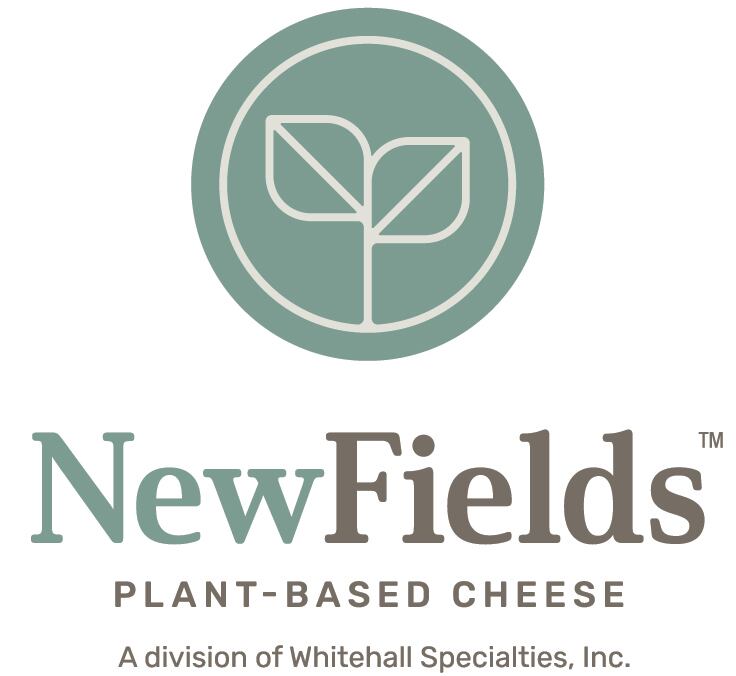The new division specializes in a range of high protein, plant-based cheese alternatives made from natural plant protein sources. The products are shreddable and meltable, and can be used as ingredients.
NewFields said it is prepared to work with both small and large brands, using its own formulas or developing new ones, including healthy, vegan, lactose-free, sustainable, non-GMO, and planet-conscious.
Steve Snyder, CEO of Whitehall Specialties, joined the company earlier this year to “refresh its dedication to current customers, while adding even more expertise and capacity to meet current industry trends.”
NewFields was an early initiative for Snyder, to put an emphasis on quality non-dairy cheese alternative products. He called it ‘the new Whitehall Specialties’ that is focused on innovation.

“We are going to market both as a co-manufacturer for our partners and as a producer of our own cheese portfolio in selected applications. We quickly discovered that almost every Whitehall Specialties customer also wants a good tasting plant-based cheese product.”
Snyder told DairyReporter the company was already working on ‘novel’ plant-based formulations in the last several years, and when they saw an uptick in the better-for-you market trend, they saw it as an ideal opportunity for a new business division.
He described the plant-based cheese alternatives as having a more upscale millennial health-based audience, while Whitehall’s core cheese products appeal to the value-conscious ingredients customers in foodservice.
But at their basic formulations, the dairy and non-dairy aren’t that different, according to Snyder.
“The whole industry sees this trend, but the reason we’re better suited to address this trend is because our history and our capabilities as a company have to do with formulating cheese from various ingredients, including plant-based ingredients,” Snyder said.
The market demand is high, and Snyder sees the new division delivering opportunities across all channels of the business, including the reach of new customers.
“It points to this being an ongoing trend and not just a fad. Because of that, we’re willing to make significant capital investment to expand our capacity and our facility. Companies either don’t have the capacity or they don’t want to dedicate the capacity, and we’re just the opposite,” he said.
The team initially struggles with the taste, texture and formulation of the plant-based products, and Snyder noted that dairy cheese is the ‘gold standard’ in terms of end results. The plant-based alternatives will not be for everyone, so Whitehall said it remains focused on the original core dairy products and the dairy segment.
“What’s driving interest in NewFields cheese specifically is four-fold. It’s our innovative hygienic programs that uniquely protect our plant-based products from dairy allergens. It’s also our resources to help customers to create their own formulas,” Snyder said.
Whitehall says it has experience in segregating the allergens in products through hygienic zoning, thanks to the smaller size of its facilities. Snyder noted that a multi billion dollar cheese company may not want to take the risk on a product with cross contamination potential, steering clear of portfolio expansion.
“It’s our substantial co-manufacturing capacity which enables our partner customers to grow without concerns for ability to deliver in large volume. And it’s our ability to differentiate our plant-based cheese products from others in the market,” Snyder said.
Whitehall Specialties is currently supplying all styles of processed, imitation, plant-based and analogue cheese products, including cheddar, Gouda, mozzarella and Parmesan. They are available in a variety of configurations, including blocks, loaves, dried, shredded, sliced, diced and grated.

